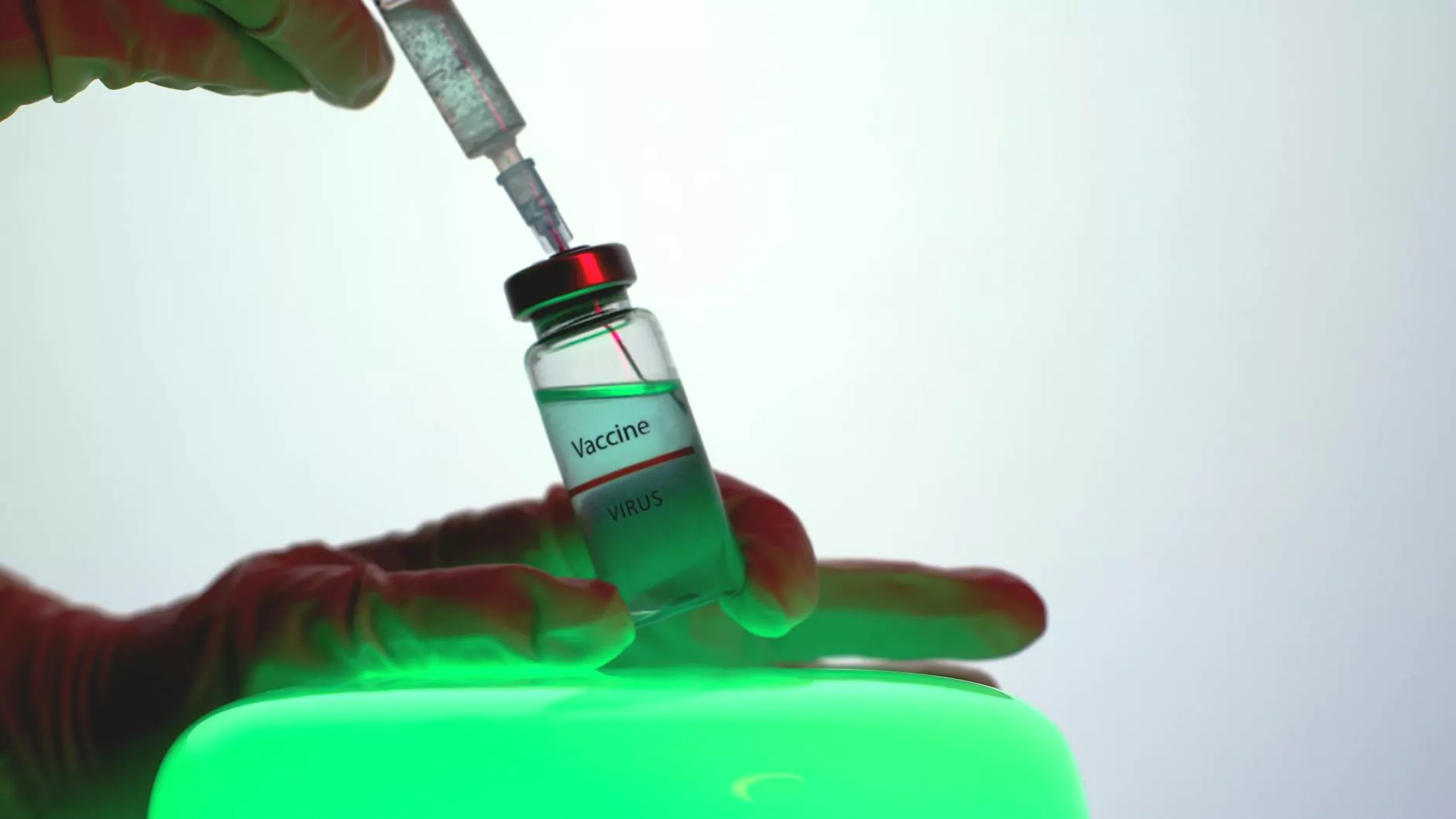The Role of Pharmacy and Addiction Medicine in Modern Healthcare

In the landscape of healthcare, pharmacy and addiction medicine play pivotal roles in ensuring the well-being of patients. The growing awareness and acceptance of mental health issues have led to an increased focus on how medications such as Xanax can assist individuals in managing their conditions effectively. This article will delve deep into these categories, exploring their significance, challenges, and advancements within the field.
Understanding Pharmacy: More Than Just Medication Dispensation
Pharmacy is often viewed as simply a place to obtain medication, but it encompasses a much broader scope of practice. Pharmacists are essential healthcare providers who engage in:
- Patient Education: Pharmacists educate patients about their medications, ensuring they understand how to take them safely and effectively.
- Medication Management: Through comprehensive medication reviews, pharmacists help manage and optimize medication regimens, reducing potential interactions and side effects.
- Chronic Disease Management: Pharmacists are increasingly involved in managing chronic diseases such as diabetes, hypertension, and mental health disorders.
Through these functions, pharmacists emerge as indispensable partners in healthcare, working alongside physicians and other professionals to enhance patient outcomes. Their expertise in pharmacotherapy is vital in confronting the challenges presented by addiction and substance use disorders.
Addiction Medicine: A Specialized Field
Addiction medicine is a burgeoning specialty that focuses on diagnosing, treating, and preventing addiction. It combines various approaches, including behavioral therapies and pharmacological treatments, to address the complexities of addiction. Notably, it encompasses:
- Assessment and Diagnosis: Utilizing DSM-5 criteria, addiction specialists assess individuals for substance use disorders.
- Treatment Plans: Customized treatment plans often involve a combination of therapy, counselling, and medication
- Relapse Prevention: Developing strategies to prevent relapse is a fundamental aspect of addiction treatment.
The field of addiction medicine not only seeks to help individuals overcome their dependencies but also addresses the societal stigma surrounding addiction, promoting acceptance and understanding.
Xanax: A Key Player in Addiction Medicine
Xanax (alprazolam) is a medication widely prescribed for the treatment of anxiety disorders and panic disorders. Its effectiveness and rapid onset of action make it a common choice among healthcare providers. However, its role in addiction medicine is complex:
Benefits of Xanax
The primary benefits of Xanax include:
- Fast Relief: Patients often experience relief from anxiety and panic symptoms shortly after taking Xanax.
- Improved Functionality: Many users report significant improvements in their daily functioning and quality of life.
- Short-Term Use: When used appropriately and under medical supervision, Xanax can be effective for short-term treatment of acute anxiety.
Challenges in the Use of Xanax
Despite its benefits, Xanax poses risks, particularly concerning its potential for addiction. Some key challenges include:
- Dependency and Tolerance: Long-term use can lead to physical dependence and increased tolerance, requiring higher doses for the same effect.
- Withdrawal Symptoms: Discontinuing Xanax can lead to debilitating withdrawal symptoms, necessitating a carefully managed tapering process.
- Abuse Potential: Its calming effects can make Xanax attractive for misuse, highlighting the need for education and oversight.
The Intersection of Pharmacy and Addiction Medicine
The relationship between pharmacy and addiction medicine is essential for the safe and effective use of medications like Xanax. Pharmacists play a crucial role in managing medication therapy for individuals with substance use disorders, which can include:
- Monitoring Prescriptions: Pharmacists ensure prescriptions are appropriate, counsel patients on their use, and look for signs of misuse.
- Risk Mitigation: By identifying potential drug interactions or contraindications, pharmacists help mitigate the risks associated with medications.
- Screening and Referrals: Pharmacists can screen patients for signs of addiction and refer them to appropriate treatment programs.
Future Trends in Pharmacy and Addiction Medicine
The fields of pharmacy and addiction medicine are continuously evolving. Some emerging trends include:
- Telehealth Services: The rise of telehealth has enabled more individuals to access addiction treatment and mental health services, including consultations with pharmacists.
- Integrative Care Models: Collaborative care models that incorporate pharmacists into multidisciplinary teams are becoming more common, improving care coordination for patients with addiction issues.
- Advanced Training in Addiction: Increased emphasis on addiction education for pharmacists ensures they are well-equipped to handle these complex cases.
Conclusion: A Collaborative Approach to Healthcare
The intersection of pharmacy and addiction medicine is crucial to achieving positive health outcomes. As healthcare continues to evolve, the role of medications such as Xanax must be approached with caution and informed understanding. Pharmacists, as frontline healthcare providers, are uniquely positioned to make a difference.
Through collaborative approaches, education, and a commitment to patient care, we can enhance the efficacy of addiction treatments, ensure safe medication practices, and ultimately support individuals in their journeys to recovery. The future of pharmacy and addiction medicine is promising, with ongoing advancements paving the way for improved health strategies that prioritize patient safety and well-being.
https://alprazolam-xanax.com








